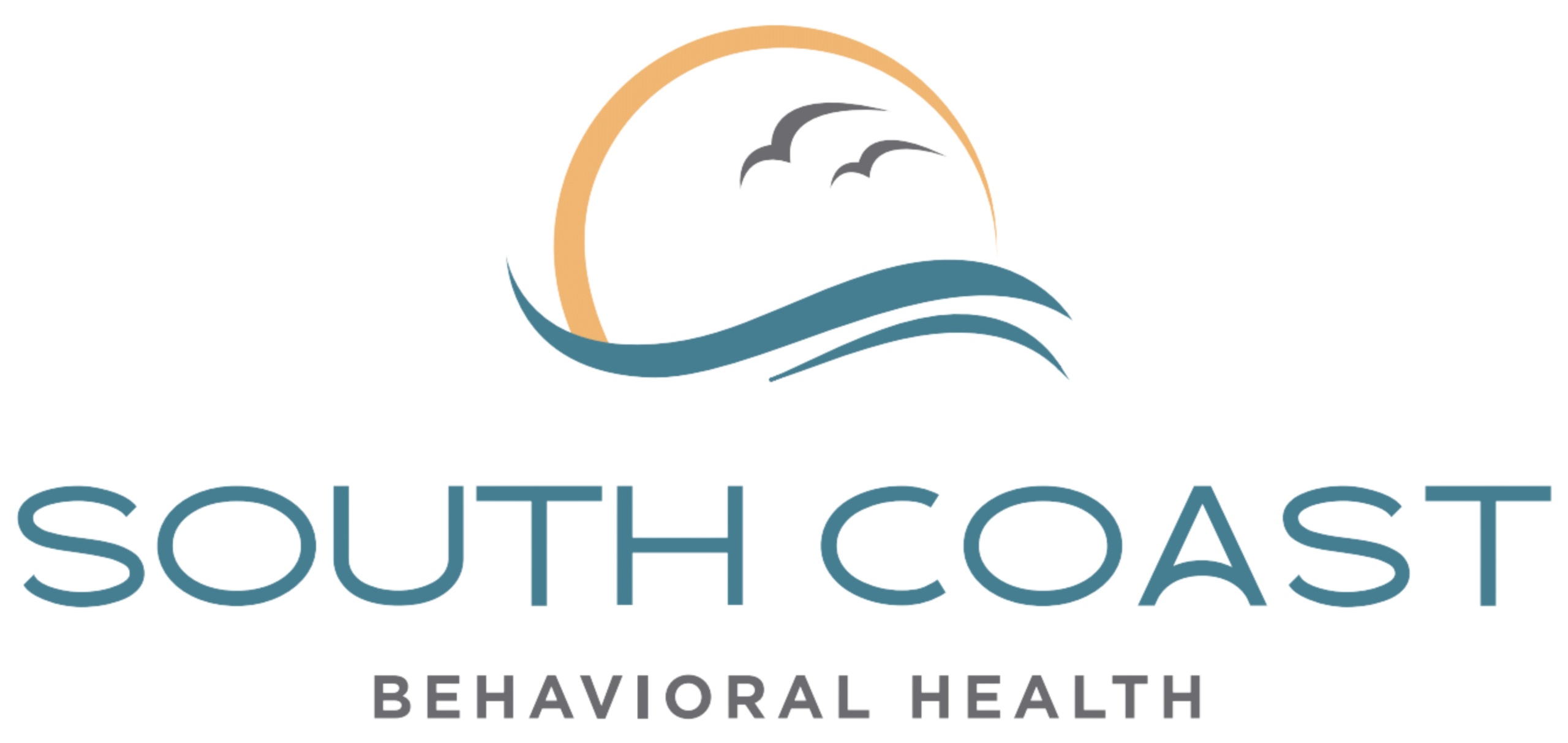Due to overprescription, opioids like hydrocodone are all too common in the US. This has led to increased cases of people mixing opioids with other drugs. In this article, we’ll go over the consequences of mixing hydrocodone and alcohol.
What is Hydrocodone?
Hydrocodone is an analgesic (painkiller) medication derived from codeine that also functions as a cough suppressant. It’s part of a class of drugs called opioids, which category also includes oxycodone, morphine, and methadone.
Hydrocodone can be found in combination with other non-opioid analgesics, such as acetaminophen (commonly known by the brand name Vicodin, among others) or ibuprofen.
Due to the ongoing opioid crisis, in 2014, hydrocodone was reclassified as a Schedule II controlled substance. This means it has a high potential for abuse and addiction.
What Happens if You Mix Hydrocodone and Alcohol?
Hydrocodone drugs like Vicodin or Norco and alcohol are both depressants, meaning they slow down your body’s systems.
Both can cause things like:
- Drowsiness
- Dizziness
- Lightheadedness
- Problems concentrating
- Impaired thinking
- Problems with judgment
- Low blood pressure
- Breathing problems
- Fainting
- Coma
However, when taking pain medication and alcohol together, these risks are much greater.
While Hydrocodone is dangerous by itself, taking it with alcohol magnifies the risks of both. They can synergize with each other, making their effects much greater than they would otherwise be.
This means the risk of overdose goes up when you take hydrocodone and drink alcohol together. Even worse, opioid antagonists like naloxone (Narcan) may be less effective in this situation since they only work on opioids.
Facts About Opioid Abuse
Here are some facts about opioid abuse in the United States:
- Four out of five people who use heroin began by misusing prescription pain medications such as Percocet, OxyContin, and Vicodin (hydrocodone)
- Alcohol is commonly used in conjunction with opioids, which can complicate the addiction and increase the risk of overdose.
- Risk of mortality increases greatly with the use of hydrocodone and alcohol. One study found an 84% increase in ER visits from 2005 to 2017, with most involving the use of alcohol and opioids.
- According to a study of over 5,000 participants who had opioid addictions, 4% had been diagnosed alcohol use disorders.
- The economic burden of opioid abuse was estimated at $78.5 billion in 2013. In today’s dollars, that figure would be over $9 billion.
Taking hydrocodone and alcohol together can have serious consequences. If you or a loved one is engaging in polysubstance abuse, especially if it involves these substances, seek help right away.
Get confidential help from our addiction treatment specialists in Orange County. Call to join our rehab program today!
Call 866-881-1184Signs of a Hydrocodone and Alcohol Overdose
A hydrocodone and alcohol overdose can be life-threatening and requires immediate medical attention.
Here are the signs and symptoms that may indicate an overdose from combining these substances:
Combined Hydrocodone and Alcohol Overdose Signs:
- Severe Respiratory Depression: A combination of opioids and alcohol can lead to a significant decrease in breathing rate and depth, leading to hypoxia (inadequate oxygen reaching the tissues).
- Profound Confusion or Delirium: The individual may experience severe confusion, delirium, or changes in mental state.
- Inability to Wake or Respond: The person may not respond to external stimuli, such as loud noises or pain.
- Choking: If vomiting occurs, there is an increased risk of choking, especially if the person is unconscious or semi-conscious.
- Loss of Consciousness: The person may lose consciousness and be unable to be awakened, which is a medical emergency.
In the event of an overdose from hydrocodone and alcohol, immediate medical assistance is crucial. It’s essential to call emergency services (like 911 in the United States) rather than trying to manage the situation on your own. Overdose is a medical emergency, and prompt treatment can often save lives.
Medical professionals may use medications like naloxone (Narcan) to temporarily reverse the effects of opioid overdose and provide supportive care for alcohol poisoning.
Looking for quality substance abuse treatment that’s also affordable? South Coast accepts most major insurance providers. Get a free insurance benefits check now.
Check Your CoverageAddiction Treatment at South Coast Behavioral Health
Alcohol abuse is a real problem. If you’re struggling with prescription drugs and alcohol addiction, South Coast Behavioral Health is here to help. The risk of alcohol and opioid overdose is real. Loss of consciousness and even death may occur. The first step in treating addiction is a medical detox. This means using drugs to manage withdrawal symptoms.
Our detox program in California is staffed by caring and compassionate professionals who can provide you with medications to manage your withdrawal symptoms.
At South Coast, we take pride in offering care closely tailored to specific issues. To that end, we offer gender-specific detox programs, with medical detox for men in Irvine, CA, and medical detox for women in Huntington Beach, CA.
After detoxing, proper treatment can begin.
Treatment for substance abuse takes place along an entire spectrum of care. Along that entire spectrum are various behavioral therapies, support groups, and medically-assisted treatment (MAT).
These levels of treatment are, in order, as follows:
Residential Treatment in California
After completing medical detox, you’ll move to receive inpatient treatment in Orange County California. There, you’ll receive medically-assisted treatment and dual diagnosis treatment to deal with any cravings or co-occurring mental health issues you may be battling. We also offer residential treatment facilities in Costa Mesa, Irvine, and Huntington Beach for those who desire gender-specific treatment. There, patients get round-the-clock medical attention and monitoring while living at the institution full-time.
In addition to individual and group counseling and medication management, you’ll also have access to leisure activities and family support services.
Partial Hospitalization in California
Most clients start substance abuse treatment with South Coast in our residential treatment program. After completing that, many desire something that still provides structure and support, but with extra space and time to oneself. For that, we offer Partial Hospitalization in Newport Beach.
A step down from inpatient care but with more structure than conventional outpatient programs, partial hospitalization offers a good balance for those looking to ease back into normal life. Clients can receive care five to seven days a week for several hours each day, returning to their homes in the evening.
This way, they can recover without putting their daily lives completely on hold, receiving intense therapeutic interventions like group and individual therapy, skill development, and medication management as necessary.
Intensive Outpatient Treatment in California
For those leaving inpatient residential treatment or partial hospitalization, intensive outpatient programs (IOP) are yet another gradual step forward on the road to recovery.
With a focus on group therapy, individual counseling, and education, clients undergoing Intensive Outpatient Treatment in Newport Beach can meet three to five days a week. Each session lasts three hours.
This level of care requires the least amount of attendance at a facility.
Start Today
Alcohol abuse is a serious concern. If you’re mixing a hydrocodone pill with brand names like Vicodin or Norco and alcohol, you’re putting yourself at risk. If you or a loved one are struggling with hydrocodone and alcohol addiction but wonder how long addiction treatment takes or have other questions, call us at 866-881-1184. Our highly qualified staff will be happy to help give you an idea of what to expect from your addiction recovery timeline, help verify your insurance, and assist with any other questions you may have. Mixing Norco and alcohol is not okay, we can help you overcome abuse of prescription medications and drug use disorder treatment.
























